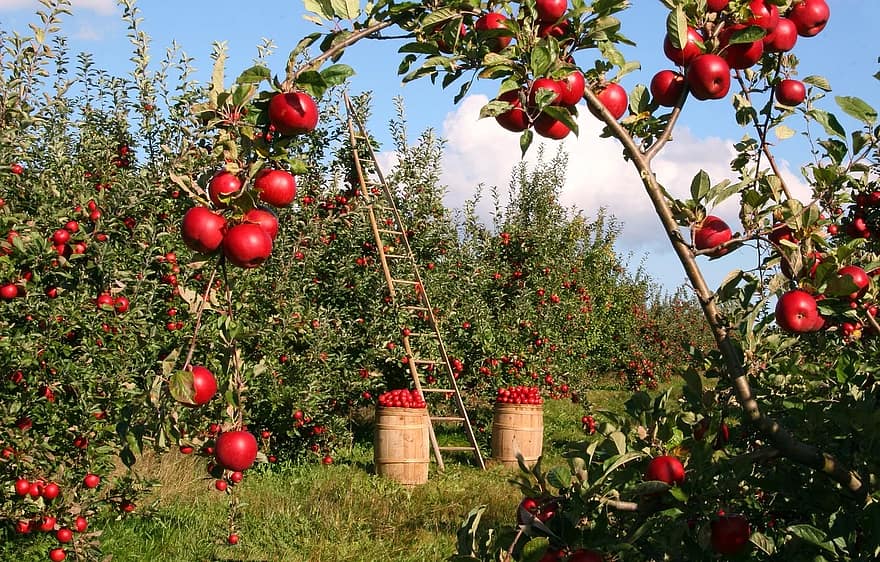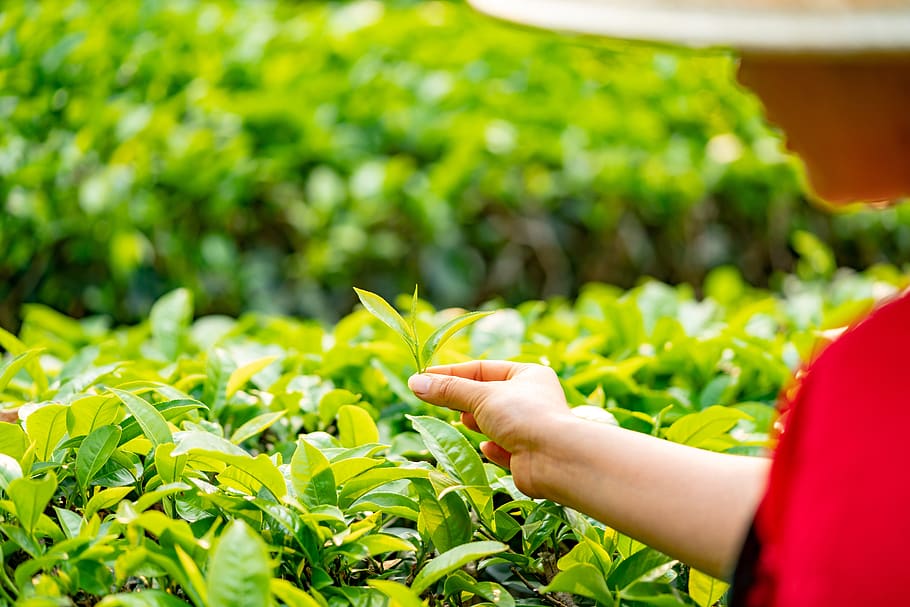Culinary tourism is the tourism that emphasizes on food, food trends, cooking techniques, and food history of a particular destination. But here they don’t care about how these foods and beverages are made or the ingredients they use are produced. Therefore, both organic and inorganic products may be used to make foods and beverages.

But only if organic crops and livestock are produced and used to make foods and beverages of a destination, then only that destination is said to have organic culinary tourism.
With concepts like sustainability becoming popular, more and more tourists are keen to know where their foods and drinks are coming from. Being organic means being sustainable. Therefore, being organic all the way from farms up to restaurants and hotels will give a competitive advantage for a destination for sure. Georgia has already gained a reputation for this niche market with organic wine tourism.

Another similar concept, organic tourism, has also become popular now. There, from farmers to restaurants and hotels, use and sell only organic products for all kinds of tourists, not only for culinary tourists. So when taken together, sustainable organic culinary tourism will definitely have a positive impact on global tourism soon.
It is not that difficult for a destination to become an organic culinary tourism destination. If we think about popular Eco-tourism, what they do is, a tourist is facilitated to take part in cultivating, harvesting, and/or consuming food generated from a farm. So, if that farm shifts to organic methods to produce their crops and/or livestock, then it automatically becomes a place of organic culinary tourism.

According to Technavio Research Report, it is forecasted that organic culinary tourism will grow over the next few years and is expected to thrive. So, it is now the best time for countries, destinations, and tourism companies to focus on this lucrative niche.
Other Topics: What is Culinary Tourism?






